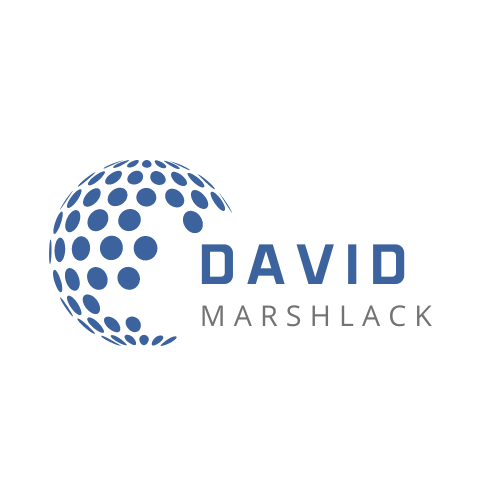In the last decade, the education landscape has undergone a profound transformation, and at the forefront of this revolution are EdTech startups. Leveraging technology to enhance and innovate traditional education methods, these startups have become key players in reshaping how students learn and educators teach. Let’s explore the emergence of EdTech startups and their impact on the education sector.
Accessibility to Quality Education:
EdTech startups have democratized education by breaking down geographical barriers and providing access to quality learning resources. Online platforms and mobile applications offer many courses, from academic subjects to skill-based training, making education accessible to individuals around the globe. This is particularly significant in regions where traditional educational infrastructure may be limited.
Personalized Learning Experiences:
One-size-fits-all education is becoming a thing of the past, thanks to the personalization capabilities of EdTech platforms. Adaptive learning algorithms analyze students’ strengths and weaknesses, tailoring the curriculum to their individual needs. This personalized approach enhances understanding and caters to different learning styles, ensuring a more engaging and practical educational experience.
Interactive and Engaging Content:
EdTech startups understand the importance of engaging content in capturing the attention of modern learners. Interactive simulations, virtual laboratories, and gamified learning experiences make education more enjoyable and foster a deeper understanding of concepts. This departure from traditional, static learning materials has proven to be particularly effective in holding students’ interest.
Professional Development for Educators:
EdTech isn’t just changing the way students learn; it’s also revolutionizing how educators approach teaching. Startups offer professional development platforms, allowing teachers to enhance their skills, stay updated on the latest teaching methodologies, and exchange ideas with a global community of educators. This continuous learning cycle benefits both educators and students alike.
Adaptive Assessments and Feedback:
Assessment methods have evolved with the advent of EdTech. Startups are introducing adaptive assessments that adjust difficulty based on students’ performance, providing more accurate insights into their understanding of the material. Real-time feedback helps identify areas of improvement, enabling a more proactive and targeted approach to learning.
Collaboration and Global Connectivity:
EdTech startups are fostering collaboration among students and educators on a global scale. Online platforms facilitate virtual classrooms, allowing students to interact with peers from different countries and cultures. This broadens their perspectives and prepares them for a connected and collaborative global workforce.
Addressing Learning Gaps:
One of the significant challenges in traditional education is addressing learning gaps among students. EdTech startups employ data analytics to identify areas where students may be struggling and provide targeted interventions. This proactive approach helps bridge learning gaps early on, ensuring a more comprehensive understanding of foundational concepts.

